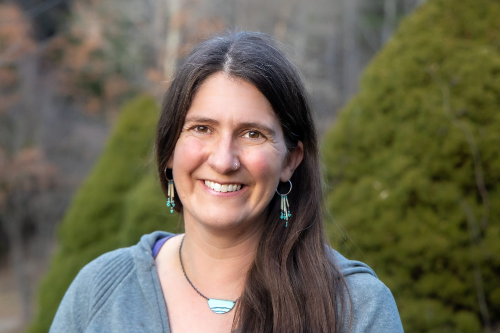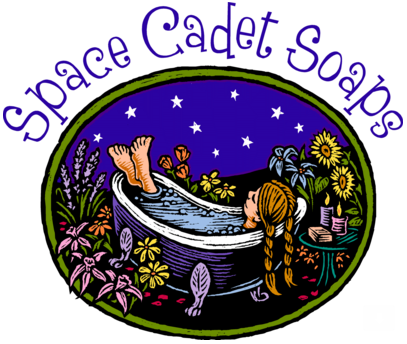We tend to translate the world and the Word through the lens of who we are. In my case, I am both a soap-maker and a backwoodsy-sort-of herbalist. In one realm, I am a professional, and in the other, I have an extensive library and an insatiable curiosity. I am also a Bible scholar. Enter Numbers 19:9.
Most people reading this would just skim over it, because, let’s be honest, most of us skim the book of Numbers. But I don’t want to skim. I want the Bible to woo me into deeper communion with Christ, whether it’s through Numbers, the Psalms, the Gospels, or Revelation. I want to see God’s grace, even in the Old Testament Law.
In Numbers 19, the priest was to kill a red heifer, sprinkle some of it’s blood towards the Tent of Meeting, then someone who was still considered clean (because the priest was not, after touching the heifer’s blood) was to gather up the ashes, deposit them outside the camp, and keep them for the “water for impurity”. Are you still with me?
This was the water used for cleansing those who were considered unclean. It talks about it again in vs. 11 and 12, where it prescribes how to cleanse oneself after touching a dead body.
Going back to my lens. I am a soap-maker. I know what happens when you mix ashes and water. You get lye! (Before you start assuming God was telling them to burn their entire body, remember that when you mix water with anything, you can control the dilution. And I work with lye. Not all lye burns are like the one in “Fight Club”. In Job, Isaiah and Jeremiah, the Bible refers to cleansing with lye. I wonder if it is referring to the “water for impurity”.
Truth is, if you incorporate the fat from that heifer, you’ve got the elements of soap. The greatest cleansing element for our bodies.
But in Psalm 51:7, while David is wrestling through the abominable stain in his soul of having committed adultery and murder, and of using his power to accomplish both of those things, he doesn’t talk of cleansing with lye. He says “Purify me with hyssop, and I shall be clean.” Enter the herbalist.
Years ago, I read something stunning about hyssop. It said that hyssop was so internally purifying that it had been known to cure herpes and HIV. That’s a mighty plant!
But if you contrast hyssop and lye, the greatest difference is that one cleanses the outside and one cleanses the inside. The OT Law was meant to cleanse the outside, but the cross cleanses us from within.
David has often been referred to as a man after God’s own heart. Most of us probably think of him playing his harp and watching the clouds, when we ponder what that means. I think of this moment, this wrestling, arduous, agonizing moment when David is cut to the core by his own sinfulness, and he must face it head-on. He can either hide behind fig-leaves, like most of us try to do, or he can do what he does. He lays it all out bare for the entire world to see. He puts it down in ink that will someday be etched into the Bible, and confesses it all. He doesn’t hide his shame. He brings it honestly to God. And he doesn’t ask for God to cleanse his skin. David asks for God to cleanse his soul.
And maybe this is why he is a man after God’s own heart. He was more of a Christian than an Israelite, even though the Christ would come from his own bloodline twenty-eight generations later. But he seemed to know something most of his countrymen didn’t — that God wants our honesty, and He wants to cleanse us from within.



Yes
Beautiful inside and out